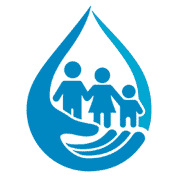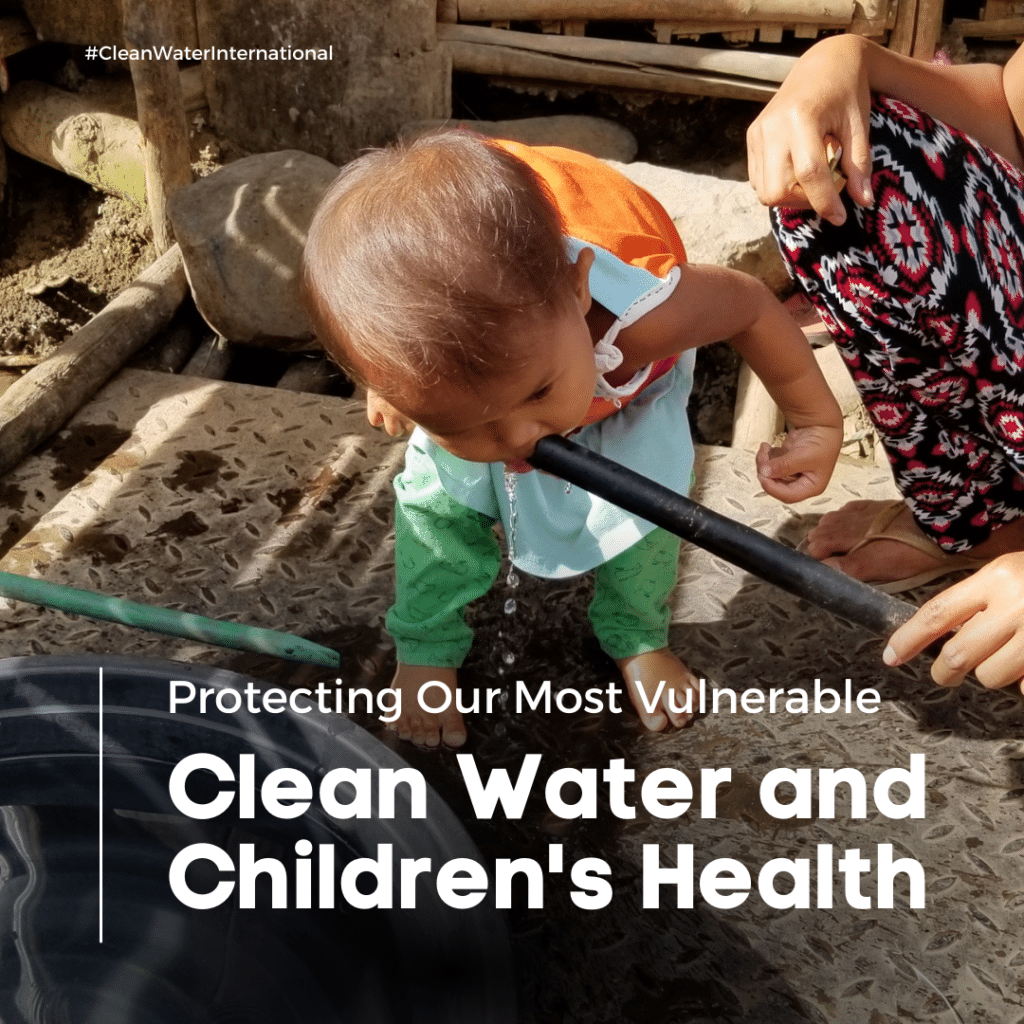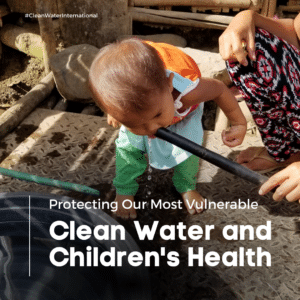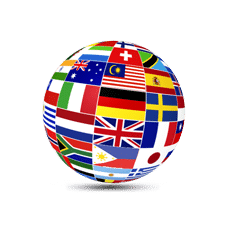As the building blocks of our future, children deserve access to clean and safe water to ensure their overall well-being. In fact, the impact of clean water on children’s health cannot be overstated. This essential resource not only quenches thirst but also plays a vital role in their physical, mental, and emotional development.
First and foremost, clean water is fundamental to proper nutrition. Our bodies require water for digestion and the absorption of nutrients, making it indispensable for children’s growth and development. Adequate hydration is also vital for maintaining healthy skin, regulating body temperature, and supporting the immune system.
Sadly, contaminated water sources can expose children to a plethora of waterborne diseases. Diarrhea, cholera, and dysentery are just a few examples of illnesses that can result from drinking unsafe water. These diseases pose significant health risks and can lead to malnutrition, stunted growth, and even death.
As per the data from UNICEF reports up until September 2021, an estimated 30% of children in the Philippines under five years of age were suffering from chronic malnutrition, leading to stunting. This rate was notably higher when compared to the average for the East Asia and Pacific regions. The severity of the issue is echoed by organizations like the World Food Programme and others that are actively combating this problem. Moreover, Clean Water International Philippines, through its first-hand involvement with rural school feeding programs aimed at addressing underweight and stunting in children, can personally attest to the significance of this issue.
Access to clean and safe water is fundamental for cognitive development, whereas dehydration can have detrimental effects on children’s concentration, memory, and learning capabilities, subsequently impacting their academic performance. By guaranteeing the availability of safe drinking water, we can not only boost their academic achievements but also improve their future opportunities.
To safeguard the health and well-being of our children, it is crucial that we prioritize the provision of clean and safe water. By doing so, we can empower the next generation to thrive and realize their full potential.
Clean Water International employ several strategies:
-
Implementing water infrastructure projects: This involve many household and community water filtration methods and products, the construction or repair of rain water catchment systems, wells, water pipelines.
-
Education and community engagement: Educating communities about the importance of clean water and sanitation play a crucial role in improving health outcomes. This involve teaching communities about water conservation and management practices.
-
Advocacy and policy work: Advocate for policies that prioritize access to clean water and adequate sanitation facilities, working with governments and other stakeholders to ensure these issues are addressed.
-
Partnerships: We partner with local communities, non-profits, businesses, and governments to achieve their goals. These partnerships can provide additional resources and local knowledge that’s crucial for the success of their programs.
-
Individual Partners: Partnering with individuals like you plays a crucial role in our mission. Additionally, as an individual partner, you play an essential role in amplifying our message, helping to raise awareness about the issues we’re tackling. Your advocacy and commitment, in collaboration with Clean Water International, can create a powerful force for positive change, making a real and lasting impact on the lives of those we serve.
Click Here to Partner Now!











